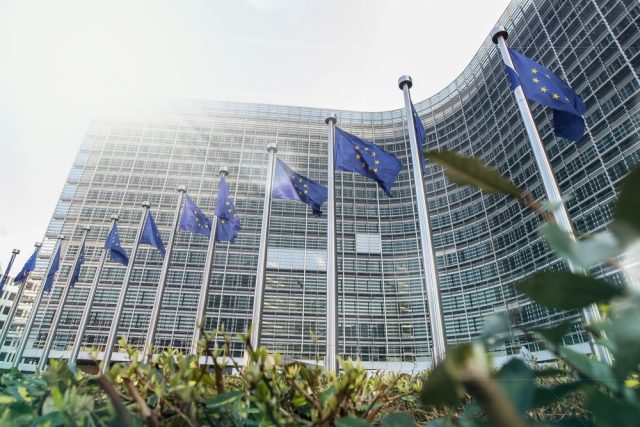
What we are witnessing in the European Parliament is a scenario that not even the most accurate analysts would have been able to predict only a few years ago. Indeed, the conservatives continue to gain ground (and presence) at the expense of the S&D socialists and the Renew liberals. To make a comparison, it is enough to think that at the beginning of the last legislature, in the European Council (where the heads of state and government of the member states sit) both Renew and S&D could count on seven heads of state. On the other hand in the same period, in 2019, the Popular Party of the EPP had ten, while the ECR had only one, a number that would then rise with the installation of the Meloni government in Italy.
GROWTH AFTER THE LAST EUROPEAN ELECTIONS
Of course, growth had a turning point in the last election round in June 2024. At that moment, the balance in the EU Parliament started to shift to the right and towards more conservative forces. There is also to be analysed the number of parties at European level that adhere to ECR. Today there are as many as nineteen, with the last six joining with the handover of the ECR presidency between Italian Prime Minister Giorgia Meloni and Polish leader Mateusz Morawiecki. Meloni’s presidency certainly played a decisive role in bringing several parties closer to the conservative camp. It is, in fact, a rapprochement that has been going on for some years and that this February will also have an important moment in the reorganisation of the balance on the European Council benches, when a number of important shifts could give greater weight to the conservative and right-wing presence within the European institutions.
THE FEBRUARY 2025 NODE
The focus in February is specifically on Germany and Belgium. The Germans are indeed called to the polls on 25 February, and the disappointing result of the SPD is now clear enough for all analysts. Instead of Olaf Scholz, the government will probably switch to the CoU (part of the EPP at European level) with Friedrich Merz. This will increase the EPP presence in the European Council from eleven to twelve seats. As for Belgium, with the agreement reached for the new executive led by Bart De Wever, a new ECR member enters the European Council taking the place of a Renew member. The Liberals will thus be reduced from five leaders to four, and the Flemish nationalist will contribute to further increasing the presence of the conservatives in this European institution. For the Socialists, on the other hand, the tally of seats drops to three with Malta’s Robert Abela, Spain’s Pedro Sanchez – who will remain president – and Danish Prime Minister Mette Frederiksen. The same number of seats will be held by ECR with Giorgia Meloni for Italy, Peter Fiala for the Czech Republic and, soon, Belgium’s De Wever.
THE NON-EUROPEAN LANDSCAPE
However, the weight of European conservatives will be important not only in the old continent. Outside Europe, in fact, the role that these forces will be able to play will be very interesting. Meanwhile, already between the 19th and 22nd of February, around thirty political forces will send their representatives to attend the CPAC (Conservative Political Action Conference) in Washington. An annual event that gathers politicians and activists of the conservative family from all over the world. Moreover, one cannot fail to note the role that the Italian leader (former president of ECR) has carved out for herself as President Trump’s privileged interlocutor. She was the only European leader present at the Inauguration Day together with a rather large delegation from ECR Group. The Conservatives will certainly have a significant influence on relations with the US in the near future. In fact, the US demand is to have a strong Europe at its side that is capable of playing an important role in an Alliance that is challenged by the international scenario. It is not so much the suggestion of MEGA (Make Europe Great Again) launched by Musk that interests relations with the US, but the prospect of dealing as equals in a renewed US-Europe pact.



 Subscribe
Subscribe